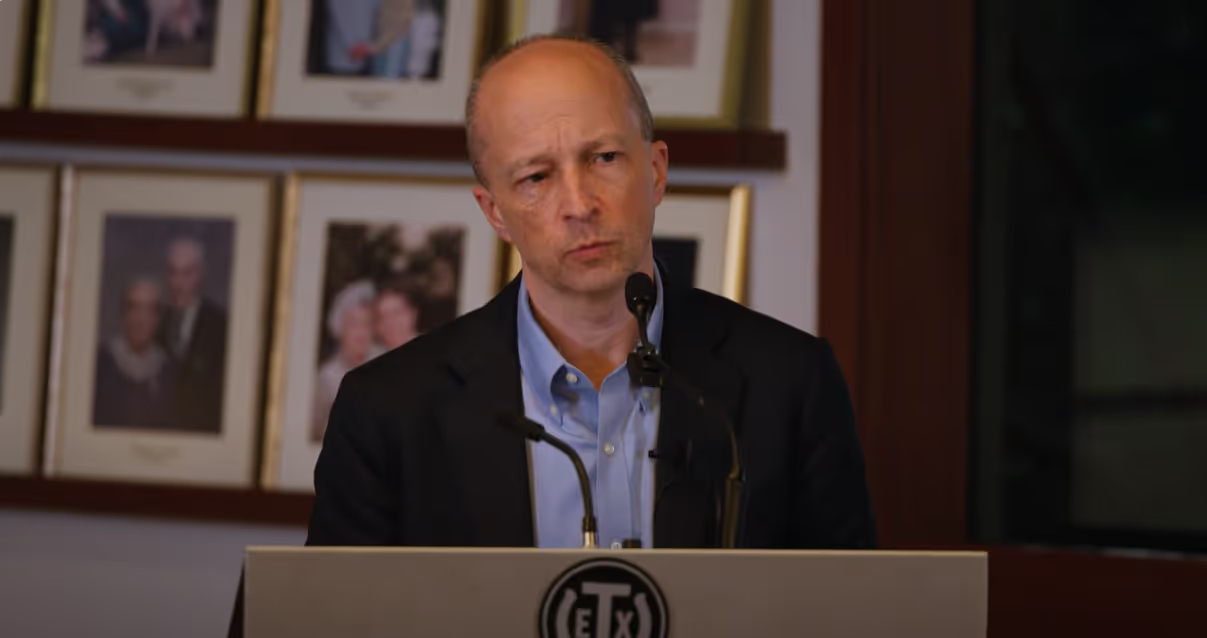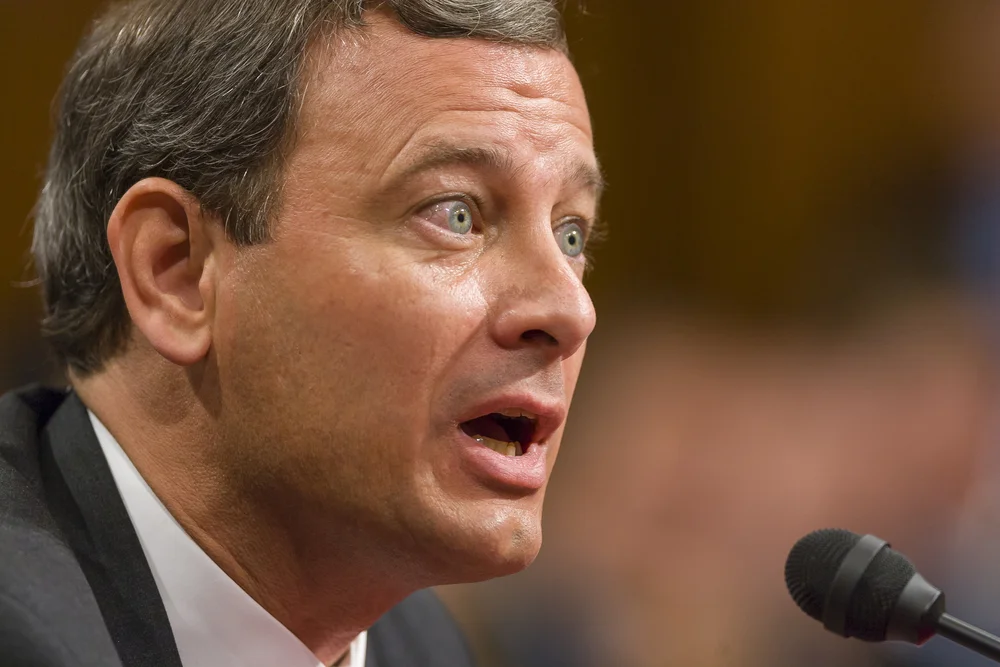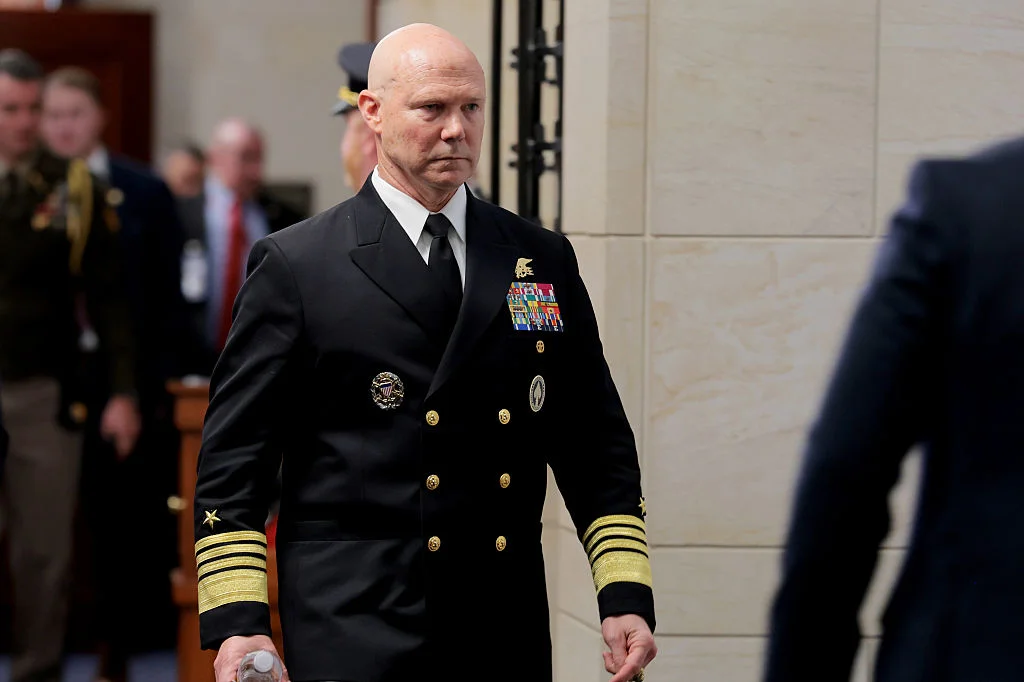
Why Trump’s ‘Emergency’ Tariffs Won’t Fly
The trade deficit isn’t a sudden surprise, short in duration, and great in harm: the usual characteristics of an emergency.
The Court of Appeals for the Federal Circuit was correct to rule against President Trump’s tariffs but not for the reasons you offer in “Trump Isn’t a Tariff King” (Review & Outlook, Sept. 2). A fair reading of the International Emergency Economic Powers Act would allow a president to impose a tariff on foreign imports. No one disputes that the statute allows him to block all U.S. trade with another country, such as North Korea, Cuba or Iran, or to impose sanctions on Russia for its war on Ukraine. The greater power includes the lesser power—if the president could cut off all imports from China because it poses a national-security threat, he can reduce the amount of imports by using taxes, licenses, quotas or other measures. While their forms may be different, they are all regulations in substance.
You write that the major-questions doctrine should prohibit such a generous reading of IEEPA. That doctrine, however, is merely a stand-in for the nondelegation doctrine, which prohibits Congress from transferring too much of its power to the executive. Yet in U.S. v. Curtiss-Wright (1936), the high court clearly said that the nondelegation doctrine doesn’t apply to foreign affairs, where the need for executive energy, speed and decision is at its height. Neither you nor the federal circuit addresses Dames & Moore v. Regan (1981), in which the court upheld an expansive reading of IEEPA to allow President Reagan to take the economic measures necessary to end the Iranian hostage crisis.
Constitutionalism

Amicus Brief: Hon. William P. Barr and Hon. Michael B. Mukasey in Support of Petitioners
Former AGs Barr and Mukasey Cite Civitas in a SCOTUS Brief

Rational Judicial Review: Constitutions as Power-sharing Agreements, Secession, and the Problem of Dred Scott
Judicial review and originalism serve as valuable commitment mechanisms to enforce future compliance with a political bargain.

Supreme Court showdown exposes shaky case against birthright citizenship
Supreme Court will hear challenges to Trump's order ending birthright citizenship, testing the 14th Amendment's guarantee for babies born in America.

Kneecapping Powell, Undermining the Rule of Law
Donald Trump and conservatives know the perils of lawfare all too well. Why subject Jerome Powell to the same thing?
%20(1).webp)
Limiting the Federal Government
Failure to consider the sponsors’ representations of the Constitution’s meaning seriously impairs the quality of interpretation.


.avif)







.avif)
.avif)





